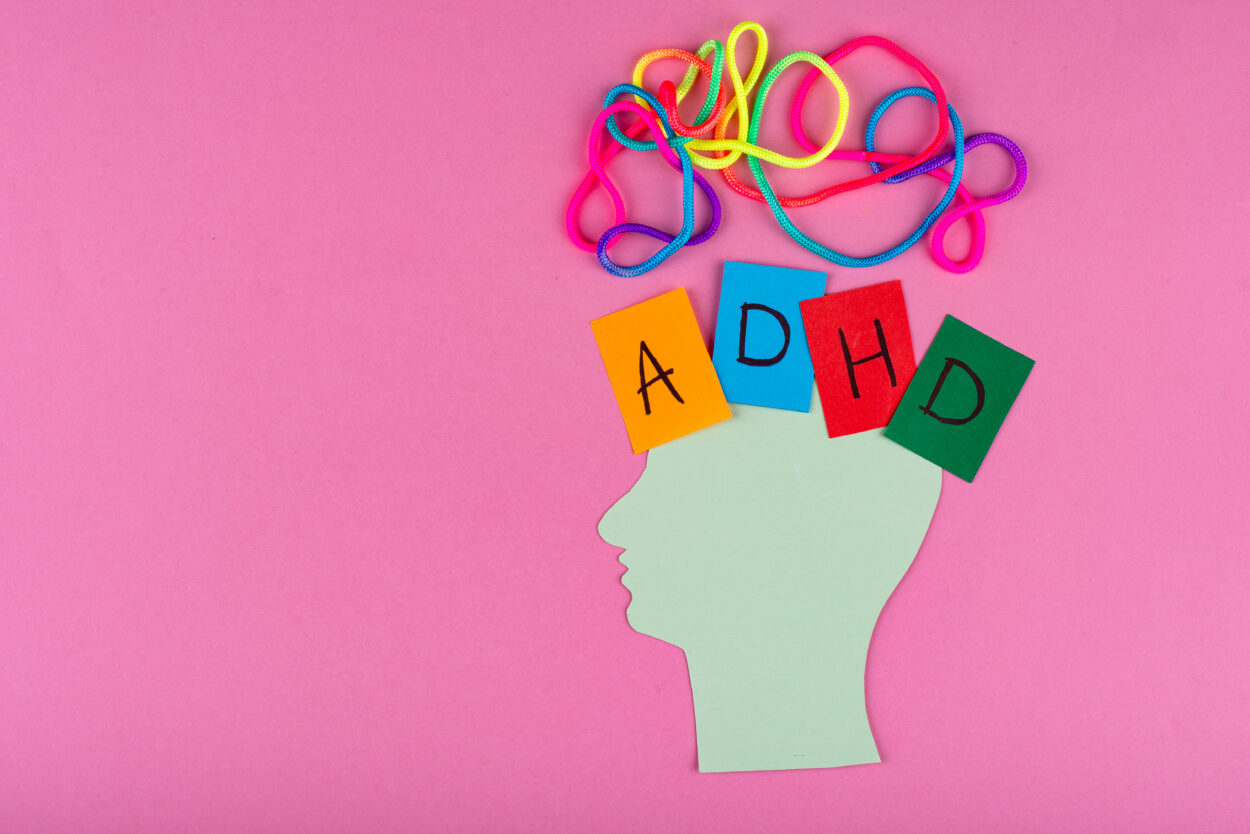Understanding Transcranial Magnetic Stimulation (TMS): Basics, Process and Benefits

Transcranial magnetic stimulation (TMS) is a breakthrough in mental health treatment, offering an effective alternative for individuals who haven’t found relief from traditional therapies, especially those with depression. TMS is a non-invasive procedure that uses magnetic fields to stimulate specific brain regions linked to mood regulation. For those considering TMS, here’s an in-depth look at the basics of the treatment, the process and the potential benefits.
What is TMS?
TMS is a cutting-edge treatment primarily used for depression and other mood disorders when other therapies, such as medication or talk therapy, haven’t provided the desired results. The procedure works by using magnetic pulses to stimulate nerve cells in brain areas responsible for mood control. The U.S. Food and Drug Administration (FDA) has approved TMS as a safe and effective treatment option for adults with major depressive disorder (MDD) who haven’t responded well to other treatments.
How TMS Works
The science behind TMS involves targeting the brain’s prefrontal cortex, a region often associated with mood regulation. Depression has been linked to reduced activity in this area, which can contribute to low mood, lack of motivation and other depressive symptoms. TMS uses a magnetic coil placed against the scalp, which delivers magnetic pulses to the prefrontal cortex, encouraging neuron activity. This stimulation can help reset the brain’s mood regulation mechanisms, alleviating symptoms of depression over time.
The TMS Treatment Process
- Initial Assessment and Preparation
- Before beginning TMS, patients undergo a thorough evaluation by a mental health professional to determine if they are good candidates. Factors such as the severity of depression, previous treatment history and any coexisting medical conditions are considered. Once deemed suitable, the patient will attend a series of scheduled TMS sessions, typically five days a week for four to six weeks.
- During the Session
Each TMS session usually lasts between 20 to 40 minutes. Patients remain awake and seated in a comfortable chair while a technician places a magnetic coil against the scalp near the forehead. The magnetic pulses create a tapping sensation, which can feel unusual at first but is not generally painful. Patients can read, listen to music or simply relax during the treatment, as TMS does not require sedation or anesthesia.
- After the Session
One of the benefits of TMS is the lack of significant downtime after each session. Patients can typically return to their regular activities immediately after treatment. Some individuals may experience mild side effects, such as headache, scalp discomfort or lightheadedness, but these effects are generally short-lived.
Benefits of TMS
For individuals with treatment-resistant depression, TMS can offer a host of benefits:
- Effective Symptom Relief
Studies have shown that many patients experience significant improvements in their depressive symptoms after completing a TMS course. Some even achieve remission, finding themselves free from the debilitating symptoms that may have persisted for years. This effectiveness makes TMS a hopeful option for those who haven’t found relief with medications or traditional therapies.
- Non-Invasive and Drug-Free
Unlike medications that may carry side effects or the invasiveness of certain medical procedures, TMS is non-invasive and does not require anesthesia. This feature appeals to individuals looking for alternative solutions without the potential side effects associated with antidepressants or other medications.
- Minimal Side Effects
TMS typically has fewer side effects than medications, making it a suitable choice for people sensitive to medication side effects. Common side effects are usually mild, with headaches or scalp discomfort being the most reported. These symptoms are typically temporary and lessen as treatment progresses.
- Convenient and Non-Disruptive
TMS sessions are short, typically allowing patients to integrate treatment into their daily routine without major disruptions. After each session, patients can immediately resume their normal activities, such as returning to work or completing daily tasks.
- Potential Long-Term Benefits
While some patients may require additional rounds of TMS or booster sessions, many experience sustained relief from depressive symptoms after completing a treatment course. The long-lasting impact of TMS can provide hope for people seeking a durable solution for managing depression.
Who Can Benefit from TMS?
TMS is particularly beneficial for individuals with treatment-resistant depression, a condition that persists despite multiple treatments. Patients who haven’t found relief through medications, therapy, or other forms of mental health support may benefit from TMS as a standalone treatment or in combination with other therapies. High Focus Centers PA offers a personalized approach, tailoring TMS treatment to meet each patient’s specific needs and complement their overall treatment plan.
How High Focus Centers PA Supports TMS Therapy
At High Focus Centers in Pennsylvania, we prioritize patient-centered care and offer TMS as part of our commitment to providing comprehensive mental health solutions. Our experienced mental health professionals understand that each individual’s mental health journey is unique. Through a tailored TMS treatment plan, we help individuals achieve the best possible outcomes in a supportive and compassionate environment.
If you or a loved one are struggling with depression and have not responded to traditional treatments, TMS may offer a new path toward healing and relief. Contact High Focus Centers PA to learn more about how TMS could be a suitable option in your mental health treatment journey.
Taking the Next Step
Considering TMS can feel like a big step, especially if you’re exploring new treatment options. High Focus Centers in Pennsylvania is here to support you in making informed decisions about your mental health care. To schedule a consultation or to learn more about TMS therapy, reach out to us today. Together, we can explore the benefits of TMS and help you or your loved one take steps toward a brighter, healthier future.








